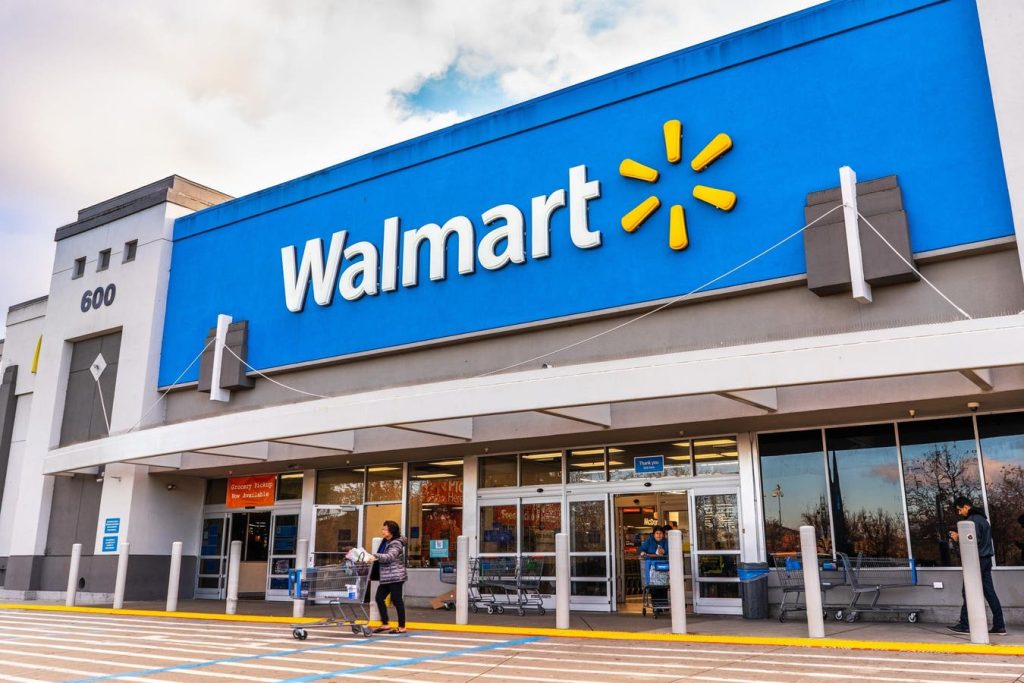Walmart has launched a new private label called “bettergoods,” consisting of 300 items priced between $2 and $15, primarily under $5. The products are divided into categories like “culinary experiences,” “plant-based,” and “made without,” reflecting current retail trends. This move marks Walmart’s largest private brand food launch in 20 years and is part of a larger trend in which retailers are increasingly investing in private label products to gain market share.
The private label wars have also seen Amazon and other retailers ramping up their own private label offerings, with Amazon even analyzing Trader Joe’s top 200 brands to launch its private label brand, Wickedly Prime. This trend is fueled by the growing popularity of private labels, as evidenced by Trader Joe’s reliance on at least 85 percent of sales from its private label. Other retailers, such as Aldi, Target, Walmart, and Amazon, have also been building massive private label brands.
Private label products have seen increased sales and penetration due to factors like loyalty and quality at competitive prices. Companies like Trader Joe’s have created cult-like loyalty among consumers, inspiring others to follow suit. Amazon has adopted a similar approach with its own private label brands, while Target has indicated that 12 of its “owned brands” are worth at least $1 billion each. Walmart’s Great Value private label has already topped the list of private label brands based on psychological factors.
The launch of numerous private label brands by retailers allows them to introduce various product lines with differing pricing, appeal, and prestige, thereby expanding their market share. Private label products have been able to compete with, and even surpass, branded products in terms of quality and value. Private label sales have been accelerated by inflation, with about one-fifth of grocery SKUs being private label at retailers like Whole Foods and Target.
Keychain is an app that matches manufacturers with retailers looking to launch private label products, providing data on potential partners and aiding in product development. Oisin Hanrahan, CEO of Keychain, believes that all retailers will pivot towards the Trader Joe’s model in the next five years. Retailers and manufacturers alike are showing increased interest in private label products as they seek to leverage consumer loyalty and increase margins.
Overall, the rise of private label products in the retail sector is a growing trend driven by factors like increased loyalty, quality, and competitive pricing. Retailers like Walmart, Amazon, and Target are investing heavily in private label brands to stay competitive and meet consumer demand. As private label sales continue to soar and penetration increases, companies are looking towards private label products as a key driver of growth in the retail sector.


